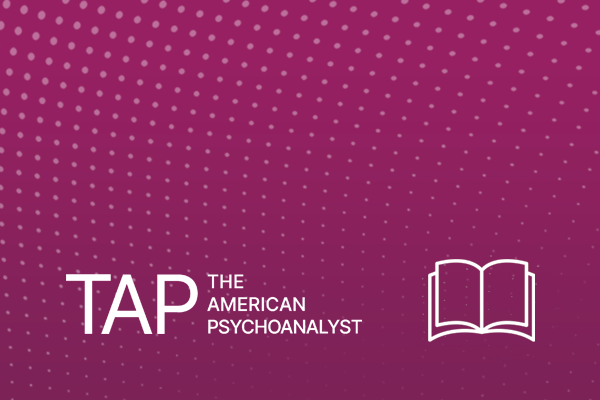Welcome to the DPE Teaching, Curriculum, and Professional Development (TCP) Section. If you want to reflect on your own teaching or support the development of teaching skills at your institute or center, we can help. If you are interested in developing or updating curricula or the syllabus for a specific course, we have a lot to offer. We provide a forum for Curriculum Chairs and Progression Chairs throughout the country to meet and learn from each other. We strive to promote analytic identity formation and growth in all that we do. We focus on learning and development throughout the analytic life cycle—from candidacy with its intensive focus on supervision, progression, and didactics; to early, mid and late career issues including retirement. If you are interested in Study Groups, we offer a variety of small “think tanks” to learn together on topics important to psychoanalytic education.
Mojgan Khademi, Psy.D. (Chair)
As its name suggests, there are three Divisions in the TCP—one for each for the major psychoanalytic educational areas of Teaching, Curriculum, and Professional Development. Interrelating committees and study groups comprise each Division, and these are integrated in the TCP Section Divisions horizontally and vertically.
The TCP Teaching Division strives to help institutes strengthen approaches to classroom teaching, didactics, and pedagogy. The Committee on Teaching and Learning focuses on providing resources and supporting the development of faculty teaching skills. We have compiled a list of useful articles on teaching. Some members provide workshops on teaching at local institutes and centers. We are organizing local ongoing teacher support groups after members attend a workshop on teaching. We also offer a facilitated discussion group on teaching practices at our winter meeting.
The TCP Curriculum Division (as mentioned) brings together Curriculum Chairs from APsA affiliated institutes and centers across the country. This Committee meets several times a year to discuss common issues and challenges. Each meeting focuses on topics chosen by its members. These topics range from individual course content to the integration of complex topics in an entire curriculum. We have also compiled a data base of articles used in syllabi at APsA institutes across the country and making it searchable by topic, year taught, and other demographics. The TCP Curriculum Division strives to help institutes with curriculum development that integrates perspectives from the whole of the DPE, including each of its specialty Sections.
The DPE TCP Professional Development Division focuses on the different eras of the analytic professional life cycle. Those first years of practice after graduating from analytic training can be difficult and isolating. We help recent graduates network at the national meetings and we provide special programming aimed at the interests of recent graduates. The Progression Committee meets periodically with Progression Chairs from APsA affiliated Institutes and Centers. A highly supportive group, its members share their knowledge and concerns with each other. They are compiling useful documents and procedures which are available for group members to peruse as needed. As noted in the DPE general introduction, the TCP takes a developmental view of the crucial areas of supervision and progression in psychoanalytic education. Hence, we locate our Progression Committee and our Developmental Supervision Study Group within our TCP Professional Development Division. Mid and late career present different challenges and we have committees helping with these issues as well.
As part of the DPE TCP Section, the Committee on Psychoanalytic Studies (COPS) generates multiple Study Groups and coordinates dialogue among them. A Study Group is a “think tank” that has creative freedom to explore topics of importance to psychoanalytic education, ones the group members select for their compelling value. The goal is to share the results of their work with the APsA membership. The fruits of their communal labor range from model syllabi, reading lists, published papers, research surveys of our institutes, generation of discussion groups and workshops, lectures, and consultations. Ongoing COPS Study Groups in the DPE TCP Section include Distance Education, Impasses in Supervision, Psychoanalysis and Neuroscience, Teaching Psychoanalytic Writing, Unrepresented States, Ethical Dilemmas, The Erotic Transference, Psychoanalytic Education and Aging, Psychoanalysis and Meditation, and How to Teach Freud. COPS Study Group contributions are integrated throughout the DPE TCP Divisions.
Learn More



